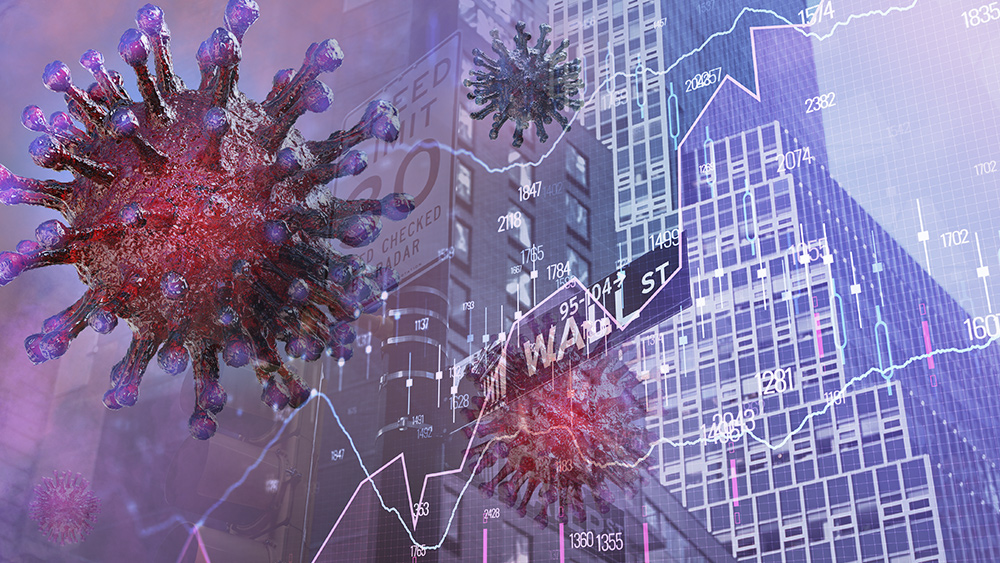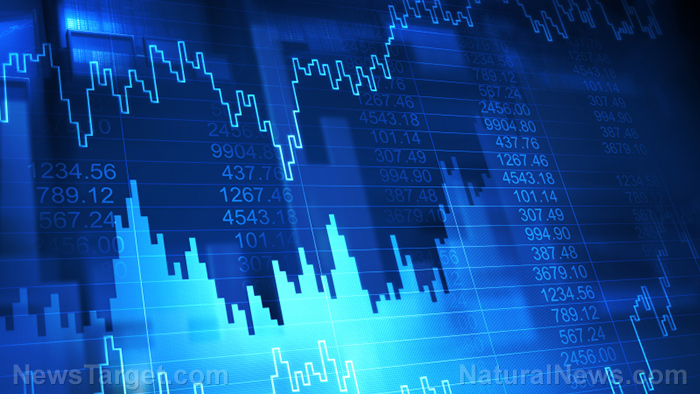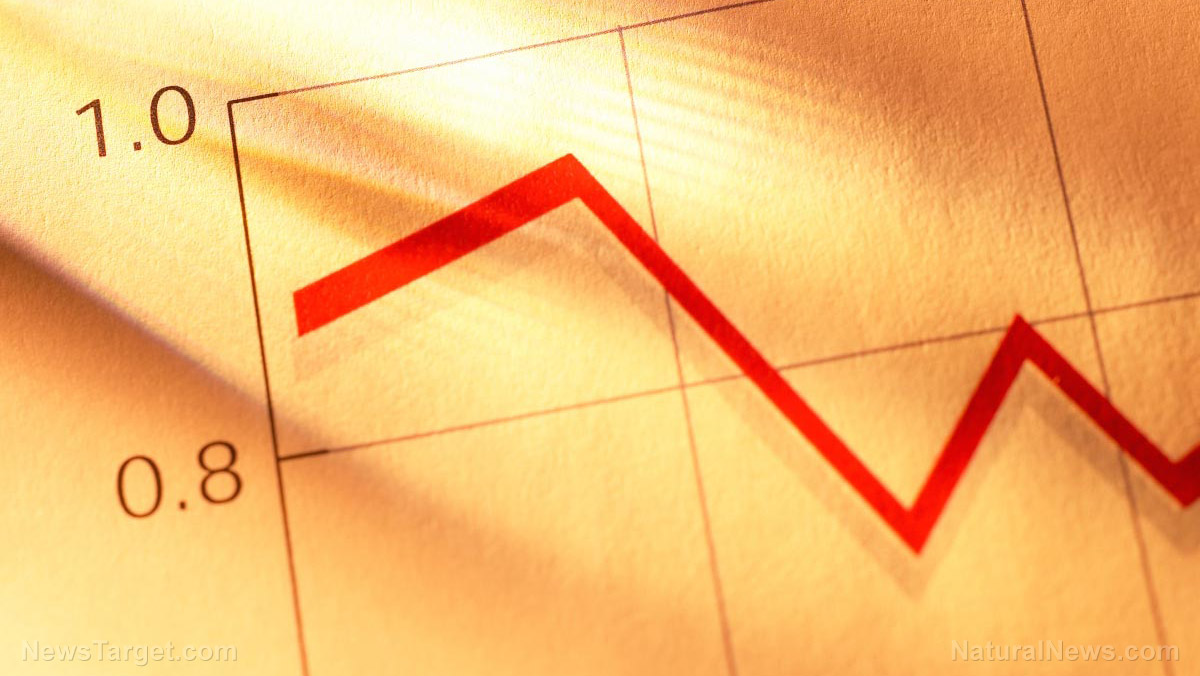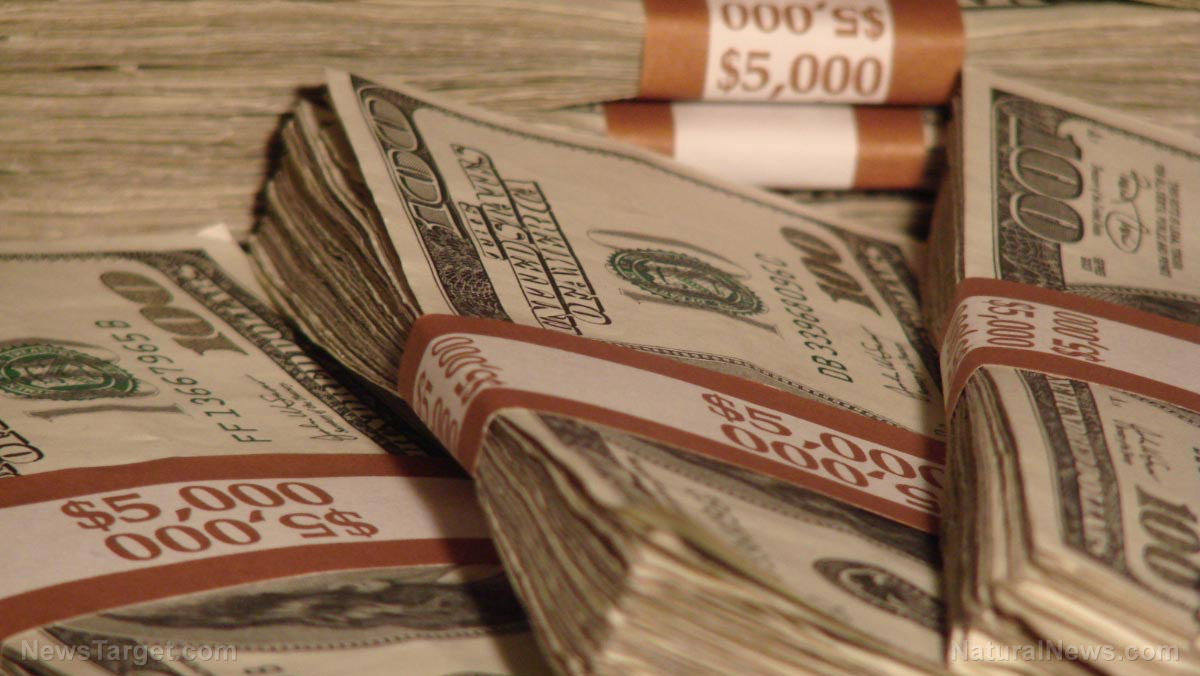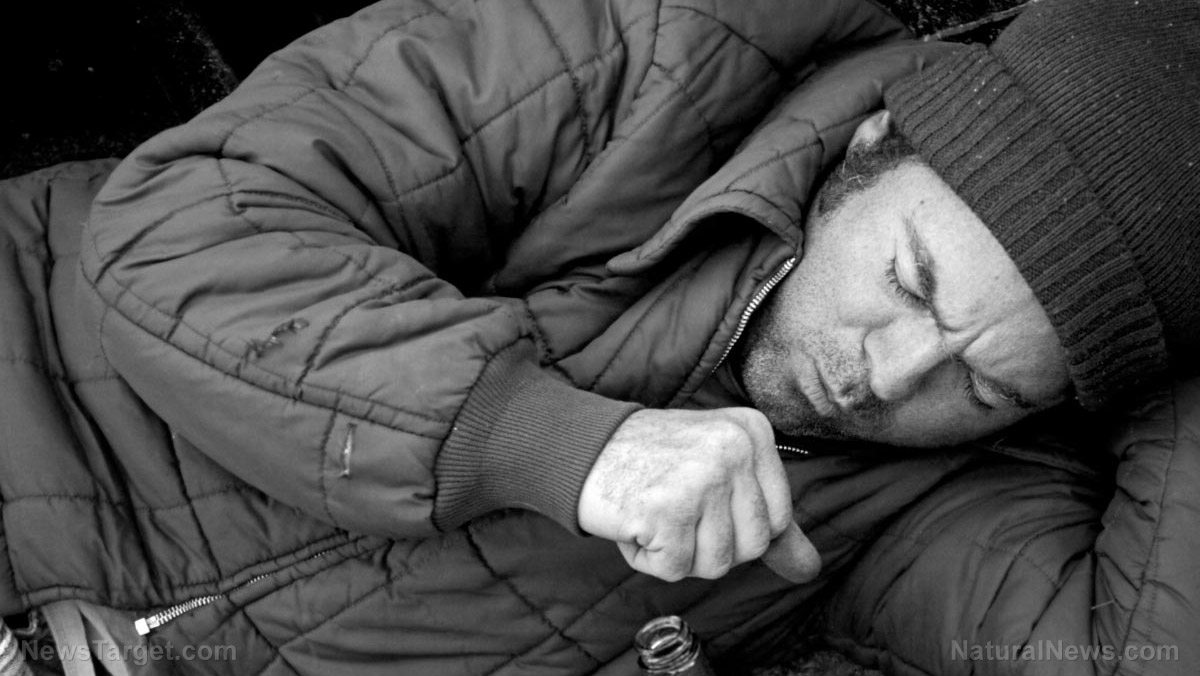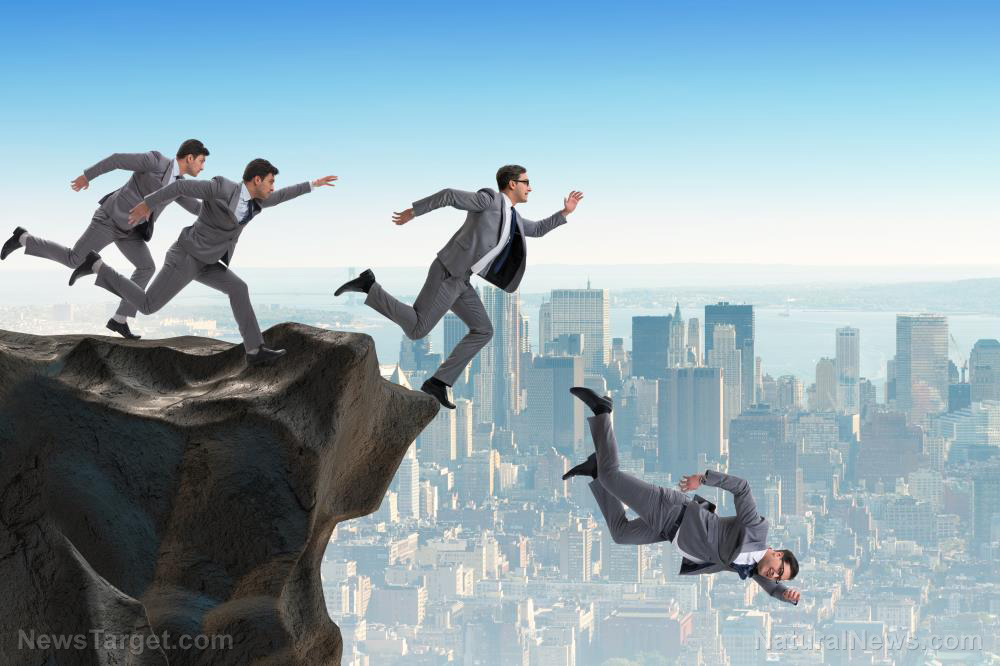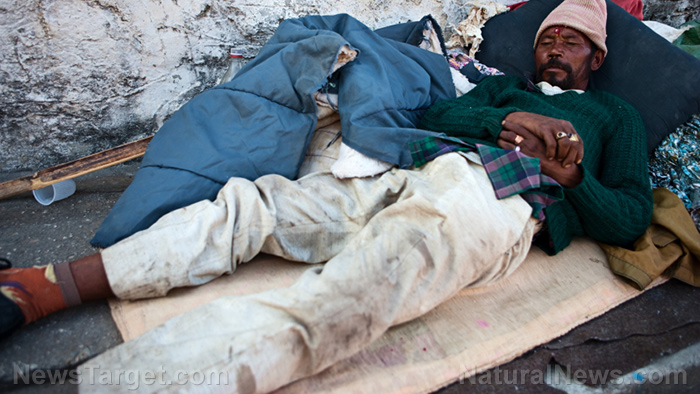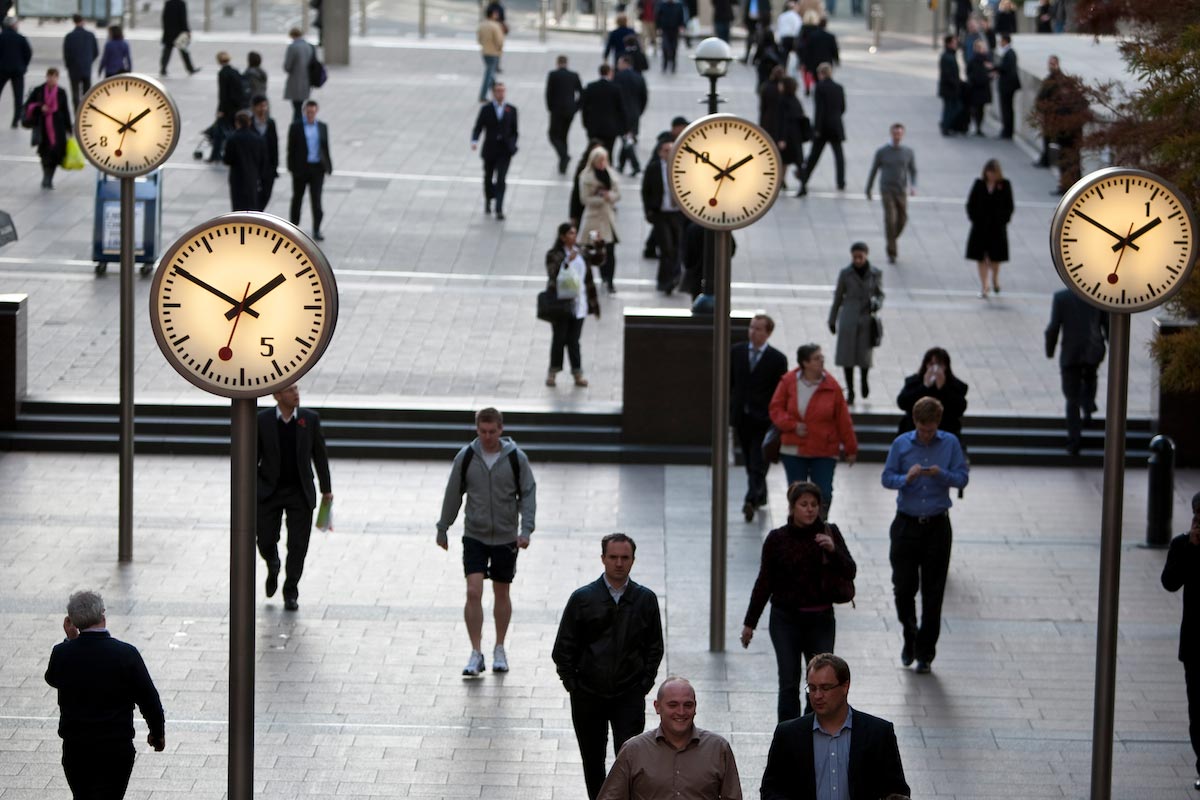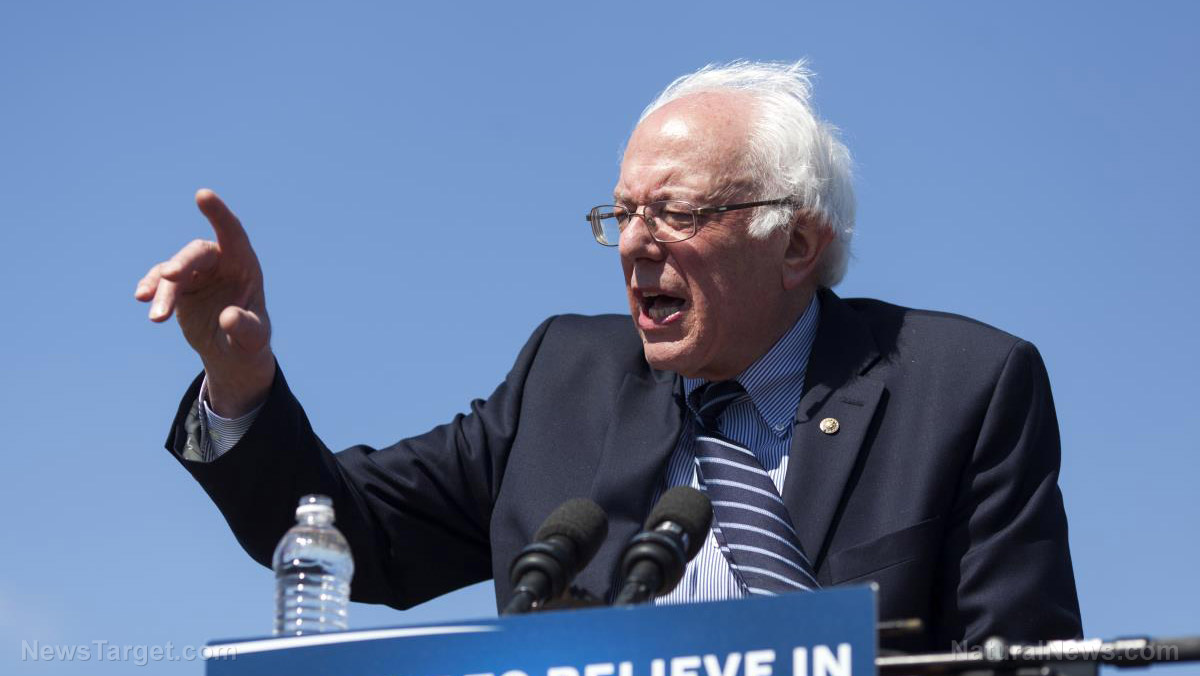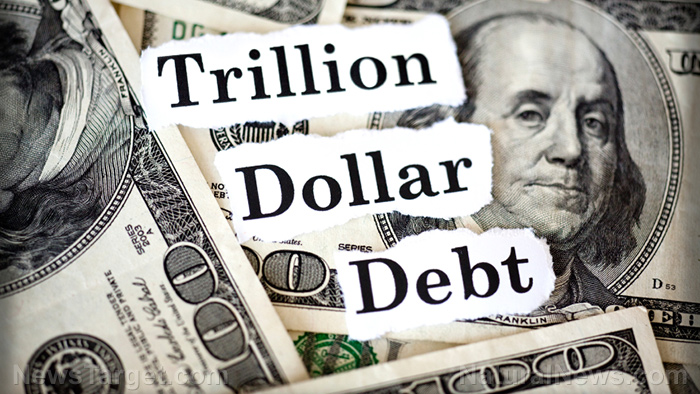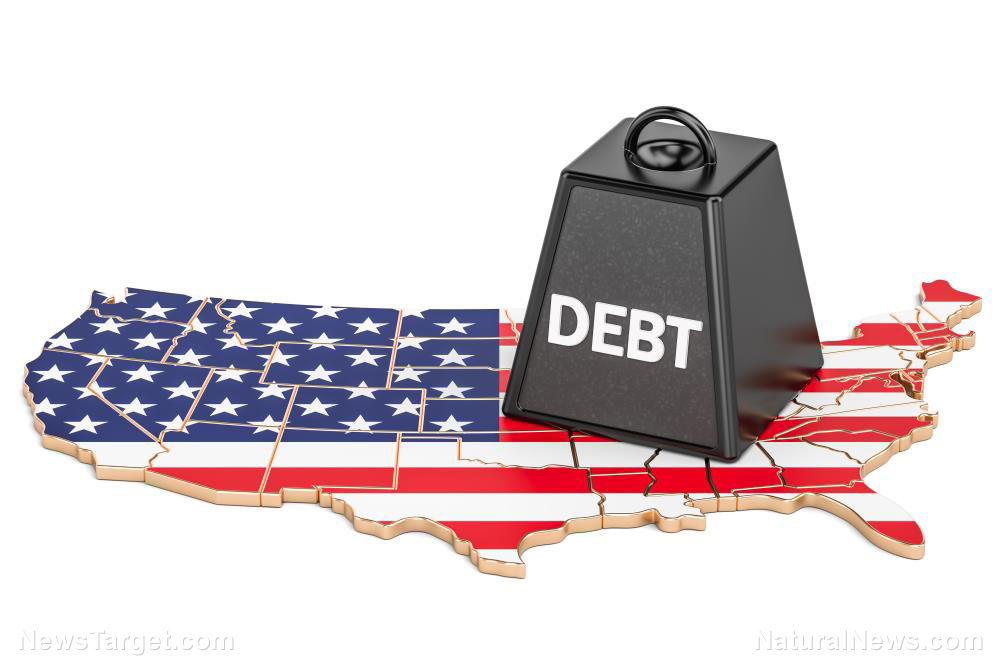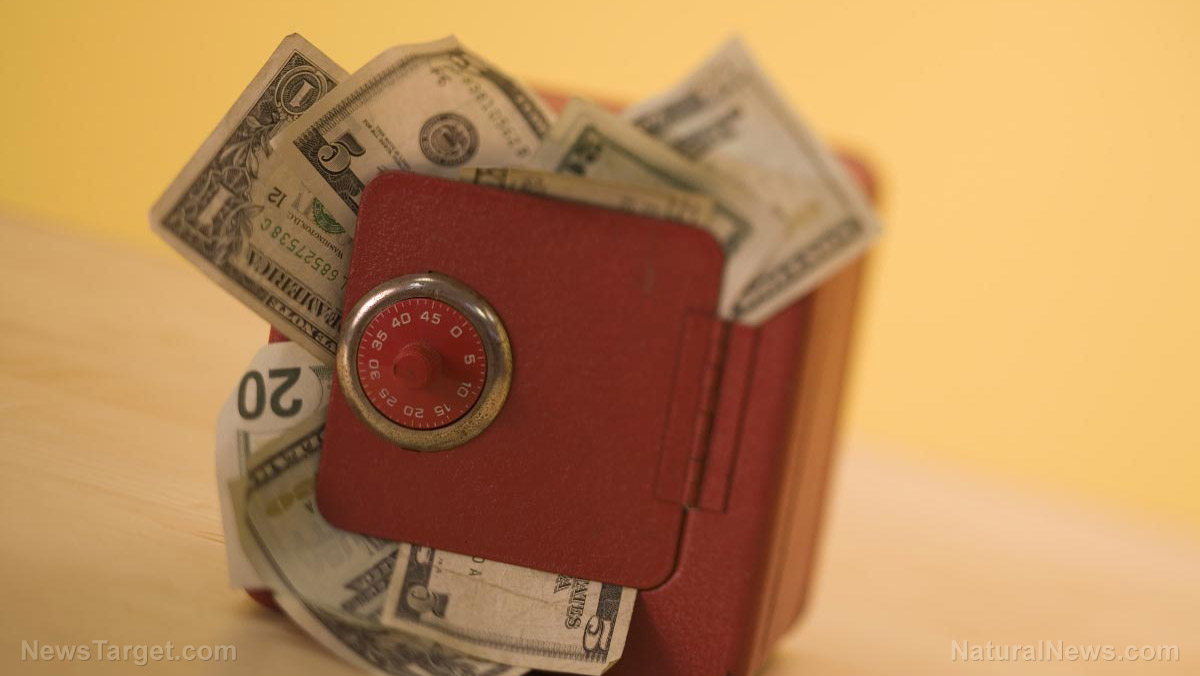Billionaire investor Ray Dalio warns of “worst-case scenario” with Coronavirus that could wipe out savings and destroy markets
03/06/2020 / By JD Heyes

Billionaire investor, hedge fund manager and founder of one of Bridgewater Associates said in an online post this week that the Wuhan coronavirus (COVID-19) has the potential to become a once-in-a-lifetime pandemic.
Worse, he noted, though admitting he’s no virus expert, he believes that if the outbreak becomes a global pandemic and ordinary people with 401(k)s and other retirement vehicles aren’t adequately protected, a major market ‘correction’ caused by the virus could wipe people out.
Writing on LinkedIn, Dalio noted that historically, he doesn’t bet big on things about which he has little knowledge. Also, he shuns making really large single bets, preferring to “seek how to neutralize myself against big unknowns [rather] than how to bet on them.”
That’s true of the coronavirus, he continued. But that said, he understands there is “no getting around” having to assess the situation and what’s going on in the world, what it all means as it relates to the virus’ continued spread, and, importantly, “how we should deal with it.”
After discussing the issue with “some of the world’s best experts,” Dalio said as he sees it, there are three things going on that are very different but nonetheless “related.”
They are:
— The coronavirus,
— The economic impact of reactions to the virus’ spread,
— The action of the market in relation to those two factors.
He adds:
They all will be affected by highly emotional reactions. Individually and together they lend themselves to a giant whipsaw with big mispricings, with the off chance that it will trigger the downturn that I have been worried would happen with both the big wealth/political gap and the end of the big debt cycle (when debts are high and central banks are impotent in trying to stimulate).
The virus will most likely come and go, perhaps creating a huge emotion-driven “whipsaw” effect. It is possible, he says, that the virus will have a big impact globally, leading to many illnesses and deaths, but how all of that is handled will be key to determining the overall impact on markets. Consequences of the virus will vary depending on geographic location — and the impact on markets.
‘I can’t say for sure’
The spread of the virus will depend on whether a country has capable leaders who act decisively and quickly, a decent healthcare infrastructure, a population that does what they are told in relation to stopping the spread of the virus, and a bureaucracy capable of enforcing policies and administering action plans. (Related: WHO calling for URGENT production of medical supplies, says current stocks ”rapidly depleting.”)
Economically, it’s very likely that the virus’ impact will cause deep disruptions in markets, though Dalio said it will be a “decline followed by a rebound, which will probably not leave a big sustained economic impact.”
That said, he adds he has been “told that we should expect much more serious problems ahead” as more virus testing begins over the next couple of weeks — a process that will produce many more infected people.
“While I don’t think this will have a longer-term economic impact,” Dalio writes, “I can’t say for sure that it won’t” due to past historical events preceding dramatic fiscal decline and collapse.
Major conditions that have existed before major collapses include “a large wealth/political gap” in which populists on the Left and Right do battle, as well as large national debts and “rising powers challenging the existing world powers,” Dalio wrote.
“It seems to me that this is one of those once in 100 years catastrophic events that annihilates those who provide insurance against it and those who don’t take insurance to protect themselves against it because they treat it as the exposed bet that they can take because it virtually never happens,” Dalio wrote.
“Imagine the worst-case scenario and protect yourself against it,” he added.
Sources include:
Tagged Under: China, Collapse, containment, covid-19, economic collapse, economy, history, investments, markets, outbreak, pandemic, ray dalio, retirement accounts, retirement savings, stock market, United States, virus spread, Wall Street, wipeout, Wuhan coronavirus
RECENT NEWS & ARTICLES
COPYRIGHT © 2017 NATIONAL DEBT NEWS

